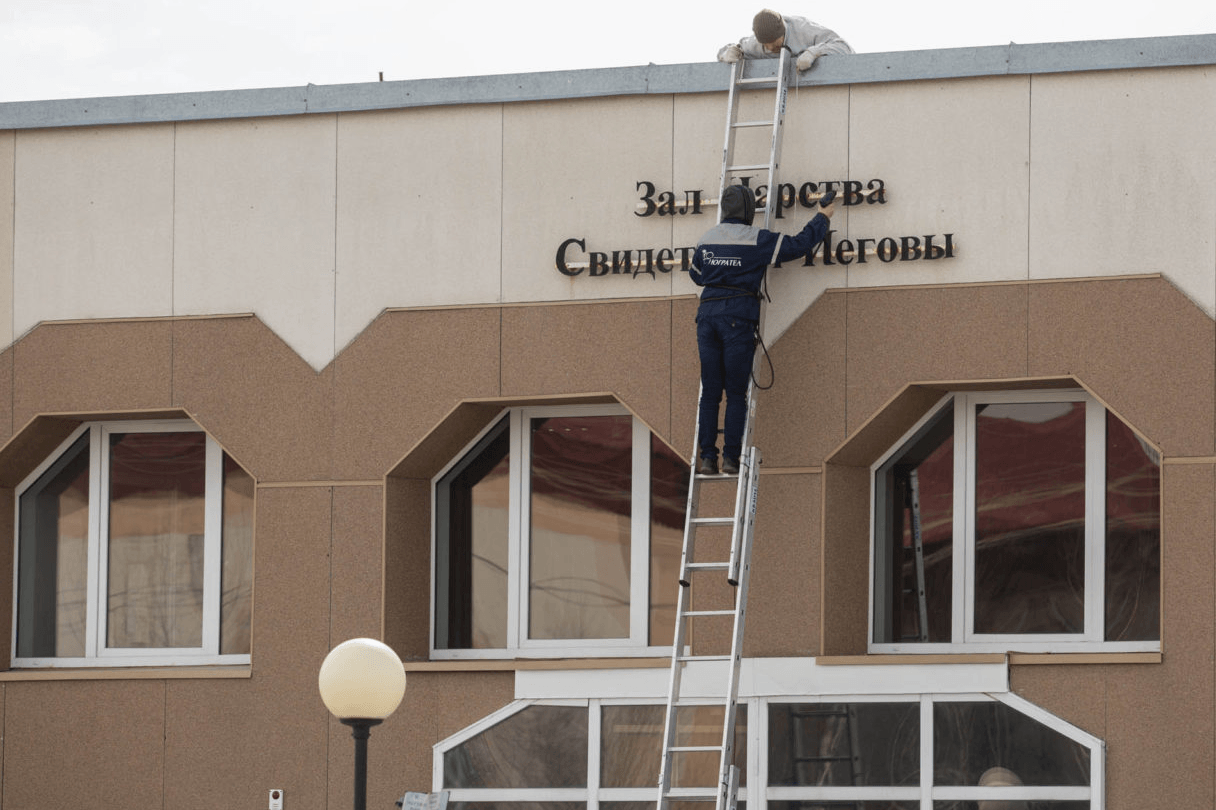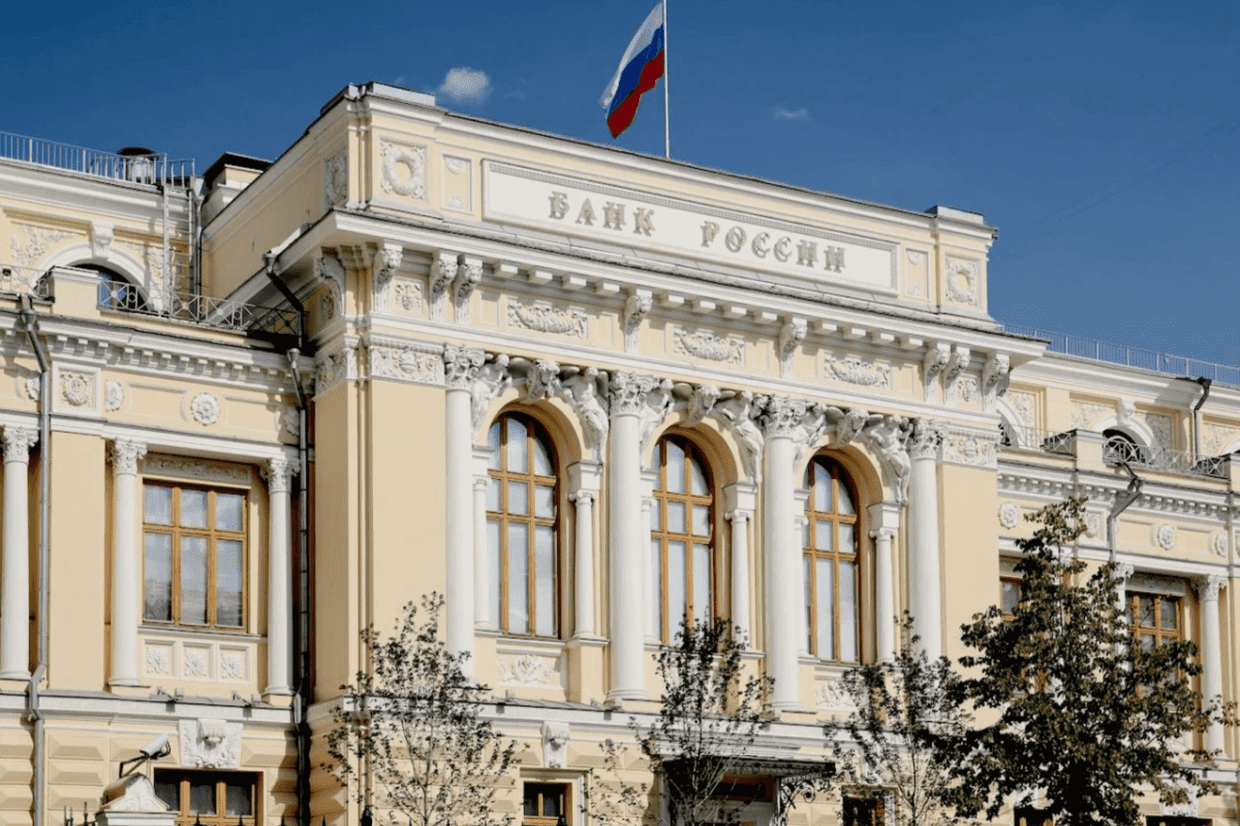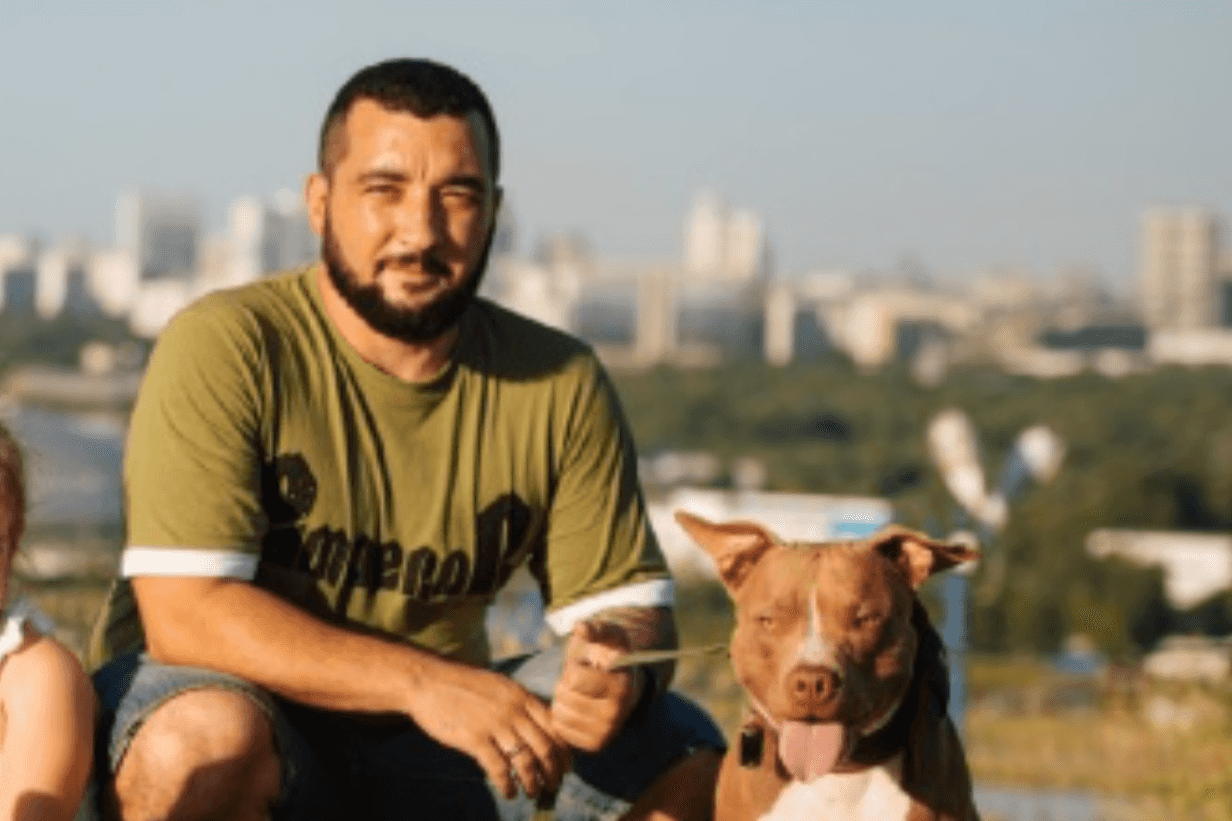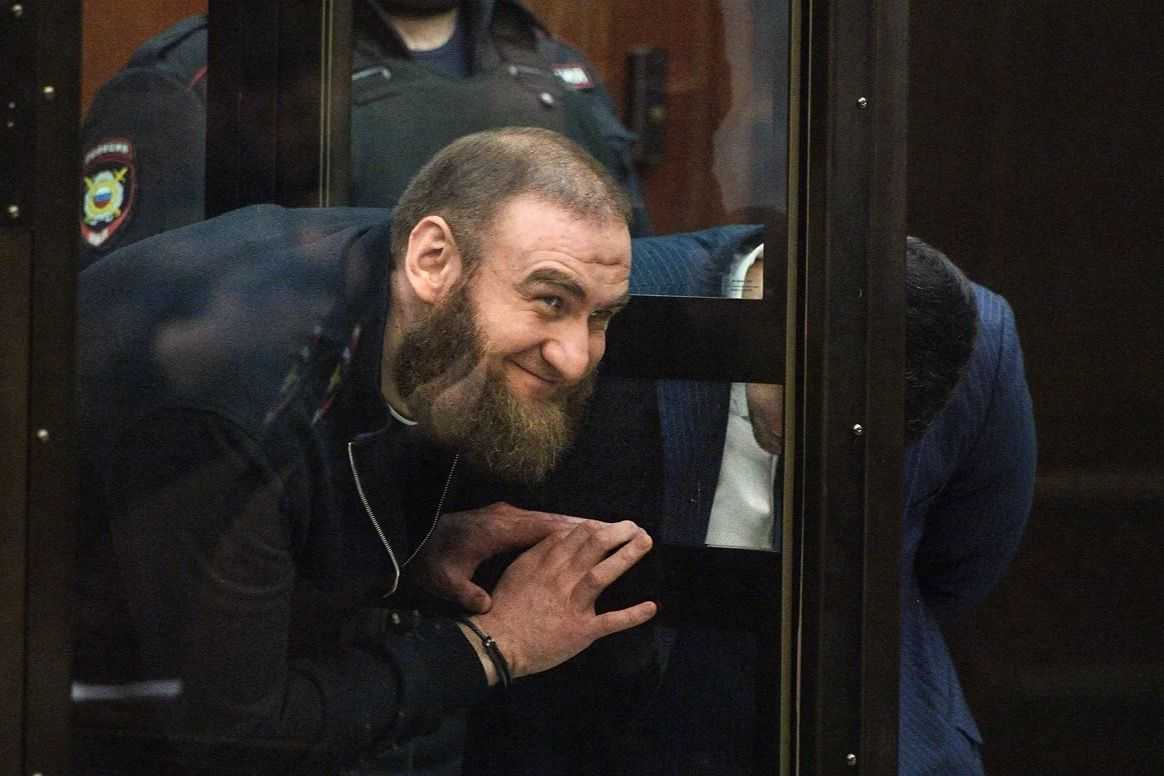
A court in Cherkessk has sentenced a 45-year-old local Jehovah’s Witness to four and a half years in prison despite his second-degree disability. He was found guilty of being a member of an extremist organisation — Jehovah’s Witnesses — and of recruiting others to join the church.
According to the Jehovah’s Witnesses’ official website, the criminal case against Vladimir Fomin began following a series of searches in February 2024.
He was detained on 21 March and placed in a pre-trial detention facility. Despite having a recognised second-degree disability, the court refused to consider his health a mitigating factor and ruled for his continued detention.
While it is unclear what sort of disability Fomin suffers from, a statement by Jehovah’s Witnesses — Russia said that he received his disability at the age of 20 after falling victim to a hate crime. They said he was beaten by a group of young men, leaving him with a permanent disability.
Following his arrest, Fomin’s health deteriorated sharply — his chronic conditions worsened, and during one of the court hearings, he lost consciousness. Nevertheless, the court upheld the charges and imposed a prison sentence against him.
The case was centred around private correspondence and in-person meetings, during which Fomin discussed biblical topics. One of those involved in the conversations, a woman named Elena Menchikova, was also later convicted under the same charges. After her case was reviewed on appeal, Menchikova received a suspended sentence of four and a half years, though prosecutors had initially demanded that she be sentenced to five years.
Fomin’s conversations were likewise classified by the authorities as participation in the activities of an ‘extremist organisation’ — Russia’s Jehovah’s Witnesses, who were banned by the Supreme Court in 2017.
During the trial, it was revealed that both Fomin and Menchikova had spoken with the same woman, Yelena Oncheva, who was cooperating with Russia’s Federal Security Service (FSB) and secretly recorded her conversations with the two. These audio recordings formed the basis of the prosecution’s case.
According to the indictment, Fomin not only took part in the activities of an extremist organisation, but also recruited others to join it. As a result, he was sentenced to four and a half years in a penal colony.
In March this year, the human rights group Memorial recognised Fomin as a political prisoner.
According to Jehovah’s Witnesses — Russia, a total of 13 Jehovah’s Witnesses have faced criminal prosecution for their faith in recent years in Karachay–Cherkessia.
Jehovah’s Witnesses in Russia have come under increasing scrutiny since April 2017, when the Russian Ministry of Justice succeeded in banning the religious organisation, labelling it as extremist. Since then, many believers have faced administrative and criminal charges. This continues despite a ruling by the Plenum of the Russian Supreme Court which states that Jehovah’s Witnesses should not be prosecuted for peaceful religious meetings if they do not attempt to revive the activities of the banned organisation.
‘Of course, the liquidation of legal entities has not cancelled the right of thousands of Jehovah’s Witnesses to practice their religion. The realisation of their beliefs is everyone’s personal right (and business), and this cannot be taken away. One could say that history repeats itself: the repressive policies towards Witnesses in the Soviet Union and Nazi Germany did not silence believers, but rather, on the contrary, led to more and more people becoming aware of their beliefs (in courts, prisons, and colonies). It is also worth noting that the absolute majority of cases against Witnesses since 2017 are based on hidden recordings of conversations about God among friends’, Yaroslav Sivulsky, Representative of the European Association of Jehovah’s Witnesses, told OC Media.
According to him, most believers defend themselves in court, although there are concerned lawyers and public defenders who are willing to intervene in the case, despite the minimal percentage of acquittals.
‘A considerable amount of information on criminal cases against Jehovah’s Witnesses is publicly available, which helps believers understand what they may face and how to act. Of course, a great help in defence for each of them is the awareness of their complete innocence of extremism. As practice shows, trials of Witnesses turn into long conversations about their beliefs, familiarisation with their publications and videos, and this is an area in which any believer is able to explain himself and show why he is far from extremism’, Sivulsky told OC Media.











